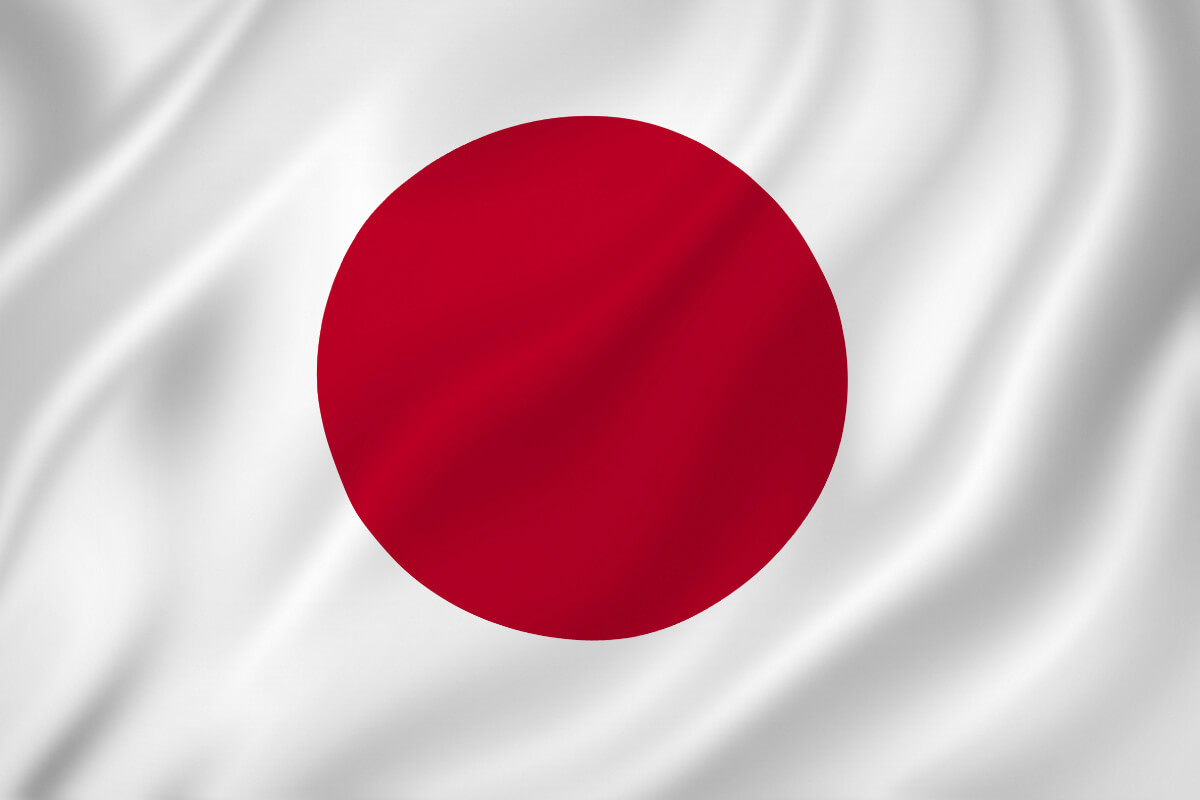Below is a republication of the address issued by Japanese Prime Minister Shinzo Abe on the 75th anniversary of the end of the Battle of Okinawa. The battle was found between the United States—with naval support from the United Kingdom, Canada, New Zealand, and Australia—against the Japanese imperial forces between April and June of 1945, during the final stages of World War II. It is estimated that between 77,000 and 110,000 Japanese soldiers were killed, while a further 40,000 and 150,000 civilians also died. This battle paved the way for the atomic bombings of Hiroshima and Nagasaki in August 1945, which precipitated the “total surrender” of Japan.
In the aftermath of the war, the US established multiple military bases in Japan. In fact, Okinawa continues to host upwards of 25,000 American troops under a bilateral security pact, and residents have long complained about the problems created by their presence, from noise pollution, to accidents, and even crime.
The original copy of the address issued by PM Abe can be found on the website of the ‘Prime Minister of Japan and His Cabinet’.
As we conduct this Memorial Ceremony to Commemorate the Fallen on the 75th Anniversary of the End of the Battle of Okinawa, I wish to express my heartfelt mourning for the souls of those who perished on the battlefields as well as those who died suffering the ravages of war during the Battle of Okinawa.
During World War II, Okinawa was the scene of an exceedingly fierce ground battle. Two hundred thousand precious lives were tragically lost and Okinawa’s bountiful seas and greenery, both sources of great pride, were mercilessly destroyed, with the land reduced to ashes. Among those who perished were young people full of dreams and aspirations and mothers and fathers who died wishing for the safety of their children. I am overcome with emotion as I think of the regret of all the fallen whose names are engraved on the Cornerstone of Peace.
We will never forget that the peace and prosperity we now enjoy rests upon the Okinawan people’s history of suffering and hardship that is beyond description. Now, on the 75th anniversary of the end of the Battle of Okinawa, I bow my head silently, reflecting solomnly once again on that fact.
Since the end of the war, Japan has consistently walked the path of a nation that values peace. We will never repeat the horrors of war. I vow once more to the souls of the fallen that we will continue to be tireless in our efforts to carry out our resolute commitment and to bring about a world that is peaceful and brimming with hope.
For many years, the concentration of US military bases has heavily impacted the people of Okinawa. The current situation is absolutely not permissible. In order to lessen the impact of the U.S. forces, the government is determined to deliver results one by one in a steady manner.
At the site of the West Futenma Housing Area, the first large-scale site to be transferred on the basis of the plan of land returns, preparations to develop a base for health and medical care are being advanced, aiming at expanding high-level medical treatment and research functions and improving local medical care, as a precedent for the use of former base sites in the future. The construction of these facilities will begin within the current fiscal year.
We will continue to make every effort to to mitigate the impact on Okinawa under the principle of “doing everything possible.”
Okinawa, blessed with natural beauty and situated as a gateway to Asia, has immeasurable advantages and potential. In March this year, the long-awaited second runway at Naha Airport became open for use. I will lead the efforts to resolutely advance the development of Okinawa so that it overcomes the recent crisis caused by the novel coronavirus disease and becomes a bridge to the world as “The Bridge of Nations.” The government will also make all-out efforts, working as one, to restore Shuri Castle, which can be called the pride of the Okinawan people.
I will conclude my address by praying that the souls of those who lost their lives here may rest in peace and by offering my sincere wishes for the peace of the bereaved families of the war dead.

